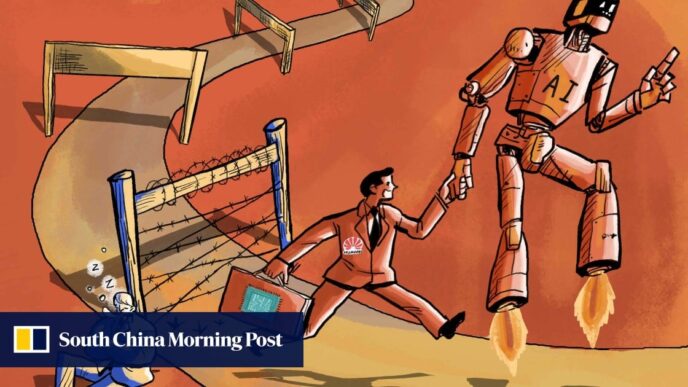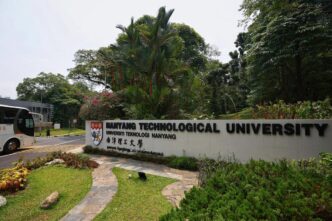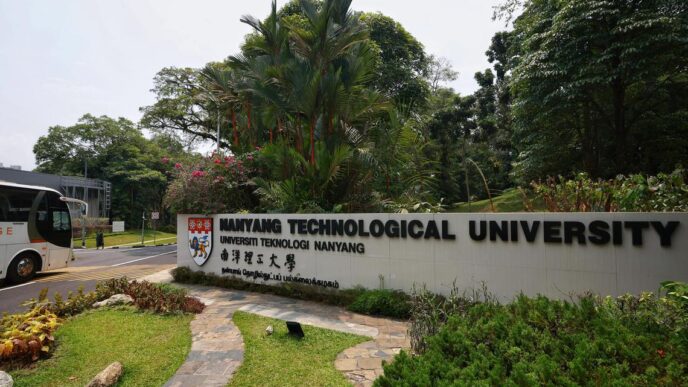AI models are still failing safety tests, exposing users to harmful content and risks
The rapid rise of AI use has revealed growing problems — hate speech, copyright theft, and sexual content slipping through. Testing and regulations are lagging behind, researchers told CNBC.
Javier Rando, an adversarial machine learning expert, laid it bare:
"The answer, after almost 15 years of research, is, no, we don’t know how to do this, and it doesn’t look like we are getting better."
The solution might lie in red teaming — stress testing AI by attackers and researchers to spot weaknesses early. But the current workforce is too small. Shayne Longpre, AI and policy researcher, argues for opening testing to the public — journalists, ethical hackers, scientists — to catch flaws usual testers might miss.
That requires standardized ‘AI flaw’ reports and better info-sharing. Longpre said:
"Some of the flaws in the systems that people were finding required lawyers, medical doctors to actually vet, actual scientists who are specialized subject matter experts to figure out if this was a flaw or not, because the common person probably couldn’t or wouldn’t have sufficient expertise."
Project Moonshot, backed by Singapore’s Infocomm Media Development Authority, IBM, and DataRobot, is building a toolkit for ongoing AI evaluation, combining benchmarking and red teaming. IBM’s Anup Kumar said:
"Evaluation is a continuous process that should be done both prior to and following the deployment of models."
But uptake is mixed — many startups use the open-source platform, but more needs to be done. Future plans include industry-specific testing and multilingual red teaming.
Meanwhile, experts like Pierre Alquier from ESSEC Business School warn tech firms are rushing AI launches without proper vetting, unlike strict rules in pharma or aviation. He calls for tighter standards and narrower AI models focused on specific tasks to better predict misuse.
Rando agrees that general-purpose large language models open too many abuse angles, making robust defense impossible. He bluntly warns:
Tech companies should therefore avoid overclaiming that "their defenses are better than they are."
AI regulation and safety testing are far from solved. The tools exist, but adoption and rigor aren’t keeping up with the breakneck pace of AI deployment.














